Nutrition Dos and Don’ts with PBC

DO: Up Your Nutrition Game
When you’re living with PBC, one of the best things you can do is eat foods that support your treatment. After all, you don’t want nutrition shortfalls to cancel out the good work of your meds. A great starting point is a plan that fights inflammation and lowers cholesterol, like the Mediterranean diet. It features vegetables, fruit, whole grains, and healthy fats and protein.
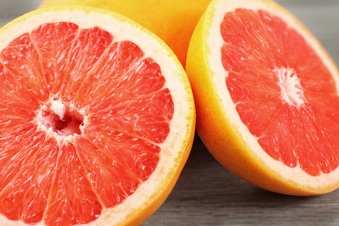
DON’T: Fall for Fad Diets
Managing PBC is tricky because of the nutrient deficits the condition can cause. Some diets for weight loss could lead to an even bigger loss of nutrients, especially ones that cut out important food groups. Your diet should focus on foods that help prevent the deficiencies common with PBC. Your doctor or a nutritionist can help you find an eating plan that’s best for your needs.
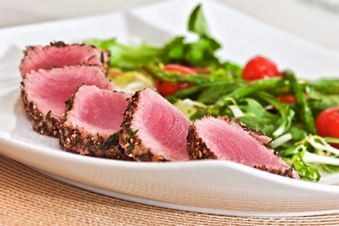
DO: Power Up With Protein
Include protein at every meal to keep up your stamina and keep muscles strong. You’ll be able to stay active and, in turn, healthy. Opt for lean protein choices, since fatty foods tax your system. Fish, skinless chicken and turkey, and legumes like beans and lentils are great sources. Limit red meats to twice a week at most, and choose the leanest cuts and cut off any visible fat before cooking.
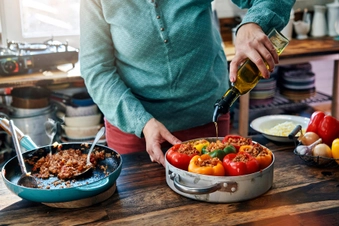
DO: Choose Healthy Fats
Changes in small bile ducts from PBC can make it hard to digest fat. But you need some fats to help you digest fat-soluble vitamins. Opt for unsaturated plant-based fats like extra-virgin olive oil. Cut back on fatty and processed meats, full-fat dairy, butter, and foods made with refined oils like salad dressings. Cooking methods count too: Choose baking, steaming, and broiling over frying and deep frying.
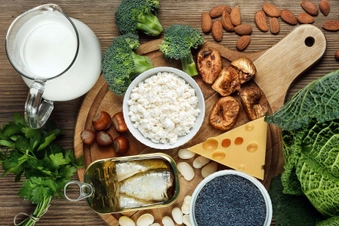
DO: Say Yes to Calcium
PBC raises your chances of losing bone mass, which can lead to osteoporosis. Boost bone health by getting calcium every day. It’s added to many foods, like orange juice. Other good sources are fat-free or low-fat dairy foods, leafy green veggies, canned fish with bones such as sardines and salmon, and almonds. Vitamin D is key for helping your body use calcium. A blood test will tell your doctor if you’re D-deficient and need a supplement.
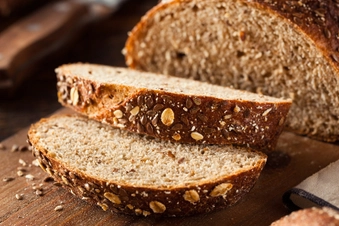
DO: Get a Daily Fiber Fix
You already know the role fiber plays in keeping you regular and feeling satisfied after meals. It also helps to flush out cholesterol from your system and keep your gut biome healthy. Having lots of good bacteria in your digestive tract can lower inflammation and support liver health. Whole grains like oats and barley, legumes, veggies, fruits, nuts, and seeds are great sources – include at least one at every meal and snack.
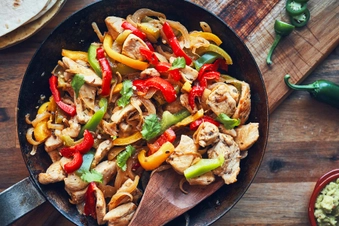
DO: Split Up With Your Salt Shaker
PBC raises your chances of portal hypertension, a type of high blood pressure that affects the vein that brings blood to your liver. Salt adds to this risk. It can also lead to swelling in your belly. Experiment with herbs, peppers, and olive oil to add zest to meals. Besides passing on salt, steer clear of packaged, processed, and pickled foods. They tend to have high amounts of added salt. Read labels before you buy.
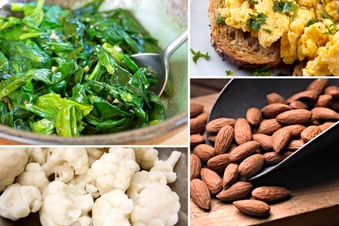
DO: Eat the Alphabet
Of vitamins, that is. PBC makes it more challenging to digest fats and absorb fat-soluble vitamins. Include foods rich in these vitamins every day:
- Vitamin A: dark leafy greens; sweet potatoes; carrots; cantaloupe; tomatoes and other yellow, orange, or red produce; eggs; dairy
- Vitamin D: fatty fish like salmon, fortified milk and nondairy milks, eggs
- Vitamin E: almonds, hazelnuts, peanuts, sunflower seeds, olive oil, and vegetable oils
- Vitamin K: leafy greens and cruciferous veggies like kale, broccoli, and cauliflower; olive oil; and vegetable oils
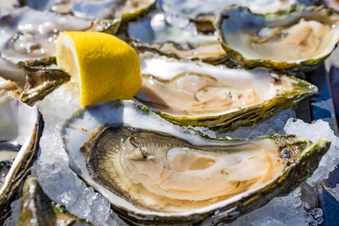
DON’T: Eat Raw or Undercooked Seafood
As tempting as oysters on the half-shell or a spicy tuna roll might be, any type of raw seafood can harbor viruses or bacteria. They’re dangerous for anyone, but more so when you have PBC, because they can cause a very serious infection. The same goes for unpasteurized or raw milk, raw or undercooked eggs (beware of some desserts), and raw sprouts.

DO: Enjoy Your Joe
A 2022 study found that drinking more than three cups of coffee a day – regular, not decaf – is linked to a lower risk of complications of PBC. These include liver stiffness and cirrhosis, as well as liver cancer. But it may not be for everyone. For example, if you have heartburn, coffee can make it worse. If you’re unsure about it, talk to your doctor or nutritionist.

DON’T: Give In to a Sugar Craving
Eating a lot of processed sugar can lead to fat buildup in the liver, a condition now called MASH. With PBC, you want to limit foods that can harm the liver in any way, including those with added sugars. Skip or limit baked goods (even breads), jams and jellies, soda, and energy drinks. Always check labels on packaged foods for hidden sugars. Research shows that stevia may support liver health and be a good stand-in for sugar.

DON’T: Be Tempted to Drink
Your liver and alcohol are like oil and water – they don’t mix well. Breaking down alcohol adds to the workload of your already overworked organ. So alcoholic drinks aren’t a good idea with PBC (or any liver disease). Alcohol can dehydrate you, too. Reach for beverages like water, tea, and unsweetened fruit juices instead.
Show Sources
IMAGES PROVIDED BY:
- DigitalVision/Getty Images
- iStock/Getty Images
- E+/Getty Images
- iStock/Getty Images
- iStock/Getty Images
- Moment/Getty Images
- E+/Getty Images
- Moment/Getty Images
- iStock/Getty Images
- iStock/Getty Images
- E+/Getty Images
- Photodisc/Getty Images
SOURCES:
American Liver Foundation: “The PBC Diet: What to Eat, What to Avoid,” “The PBC Breakfast Sandwich.”
UChicago Medicine: “Fatty liver disease diet: What foods help prevent and reverse fatty liver?”
Practical Gastroenterology: “Nutrition concerns of the patient with primary biliary cirrhosis or primary sclerosing cholangitis.”
Canadian PBC Society: “Healthy Eating.”
Clinical Liver Disease: “Diagnosis and Treatment of Primary Biliary Cholangitis: A Patient‐Friendly Summary of the 2018 AASLD Practice Guidance.”
Northwell Health: “Liver disease and nutrition.”
NIH Office of Dietary Supplements: “Vitamin A and Carotenoids,” “Vitamin D,” “Vitamin E,” “Vitamin K.”
Hepatology: “Coffee Consumption Is Associated With Lower Liver Stiffness: A Nationally Representative Study.”
Journal of Clinical Gastroenterology: “Liver Stiffness Measured by Either Magnetic Resonance or Transient Elastography Is Associated With Liver Fibrosis and Is an Independent Predictor of Outcomes Among Patients With Primary Biliary Cholangitis.”
British Liver Trust: “Coffee and Your Liver FAQs.”
American Family Physician: “New Year, New Name: NAFLD becomes MASLD.”
Oxidative Medicine and Cellular Longevity: “Stevia Prevents Acute and Chronic Liver Injury Induced by Carbon Tetrachloride by Blocking Oxidative Stress through Nrf2 Upregulation.”
Phytotherapy Research: “Stevia rebaudiana tea prevents experimental cirrhosis via regulation of NF-κB, Nrf2, transforming growth factor beta, Smad7, and hepatic stellate cell activation.”
Mount Sinai Health: “Calcium, vitamin D, and your bones.”
National Institute of Diabetes and Digestive and Kidney Diseases: “Eating, Diet, & Nutrition for Primary Biliary Cholangitis (Primary Biliary Cirrhosis).”
Mayo Clinic: “Primary Biliary Cholangitis.”
PBCers.org: “Eat Healthy for PBC.”